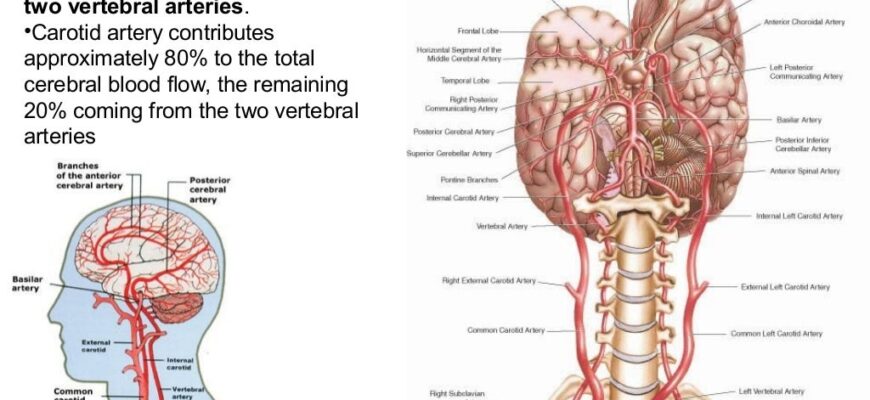For decades, artificial sweeteners have held a compelling promise: the joy of sweetness without the caloric baggage. They offered a path to guilt-free indulgence, a seemingly perfect solution for managing weight and blood sugar. Among them, erythritol emerged as a popular choice, heralded for its natural taste and minimal impact on glucose levels. Yet, the scientific lens is relentlessly curious, often unearthing complexities where simplicity was once perceived. Recent groundbreaking research suggests that this widely embraced sweetener might not be as benign as once believed, especially concerning the delicate vasculature of our brains.
The Unsweetened Truth: A Look Inside the Lab
A new study, published in the esteemed *American Journal of Physiology*, has cast a surprising shadow on erythritol`s reputation. Researchers embarked on a meticulous investigation, moving beyond the mere caloric count to explore the sweetener`s direct interaction with human cells. Their focus: the **cerebral microvascular endothelial cells** – the very cells that form the inner lining of the tiny, intricate blood vessels in our brains. These cells are the gatekeepers, meticulously controlling what enters and exits the brain, and their healthy function is paramount for neurological well-being.
In a controlled laboratory environment, these vital brain cells were exposed to a dose of erythritol equivalent to approximately 30 grams – a quantity often found in a standard bottle of a sweetened beverage. What unfolded over just three hours was a cascade of cellular distress signals:
- **Oxidative Stress Surge:** The cells exhibited a more than twofold increase in **reactive oxygen species**. Imagine cellular “rusting” – this process, known as oxidative stress, can damage cell components and impair their function. It`s a hallmark of many chronic diseases.
- **Nitric Oxide Reduction:** A crucial molecule, **nitric oxide**, is vital for maintaining healthy blood vessel dilation and ensuring proper blood flow. The study found a significant decrease in its production, suggesting a potential compromise in the vessels` ability to relax and expand.
- **Endothelin-1 Spike:** Conversely, there was an increase in **endothelin-1**, a potent vasoconstrictor. This molecule, if elevated, can cause blood vessels to narrow, restricting blood flow and increasing pressure.
- **Suppressed Clot-Dissolving Protein:** Even more concerning was the observed suppression of **t-PA (tissue plasminogen activator)**. This protein is our body`s natural defense against blood clots, playing a key role in their dissolution. A reduction in t-PA could tip the scales towards clot formation.
Implications: A Path to Stroke Risk?
Individually, these findings are noteworthy. Collectively, they paint a picture of **impaired vascular wall function**. When blood vessels become less flexible, more prone to constriction, and less capable of dissolving clots, the risk of serious cerebrovascular events, such as an **ischemic stroke**, significantly increases. An ischemic stroke occurs when a blood clot blocks an artery supplying blood to the brain, depriving brain tissue of oxygen and nutrients.
It`s crucial to acknowledge that this study was conducted *in vitro*, meaning in a controlled lab setting using isolated cells, not in a living organism. Human physiology is complex, and results from cell cultures don`t always directly translate to the human body. However, as the authors prudently note, these findings are not isolated. They contribute to a rapidly accumulating body of evidence that links erythritol consumption to an increased risk of cardiovascular and cerebrovascular events in human populations.
The Broader Sweetener Landscape
This research on erythritol adds another layer to the ongoing scientific scrutiny of artificial sweeteners. Earlier studies have already highlighted the potential of other sugar substitutes to subtly yet significantly influence human metabolism and even disrupt the delicate balance of our gut microbiome – the vast ecosystem of bacteria residing in our intestines, which plays a pivotal role in digestion, immunity, and even mood.
For instance, some research has indicated that certain sweeteners, like sucralose, might even paradoxically activate brain centers associated with hunger, potentially stimulating appetite rather than curbing it. Such findings challenge the simplistic notion that calorie-free invariably means consequence-free, suggesting a more intricate biological interplay than initially assumed.
Navigating the Sweetener Maze
In a world increasingly conscious of sugar intake, low-calorie sweeteners have offered a convenient workaround. However, the scientific narrative is evolving, moving beyond just calorie counting to assess the broader physiological impacts of these compounds. The new insights into erythritol`s potential effects on brain vascular health serve as a poignant reminder that when it comes to our diet, truly informed choices require a nuanced understanding of scientific discovery.
While more research, particularly long-term studies in humans, is undoubtedly needed to fully elucidate the implications of these findings, this study prompts a thoughtful re-evaluation of our reliance on artificial sweeteners. Perhaps the pursuit of sweetness without consequence is a journey still unfolding, and for now, a mindful approach, coupled with consulting healthcare professionals for personalized dietary advice, remains the wisest course.








